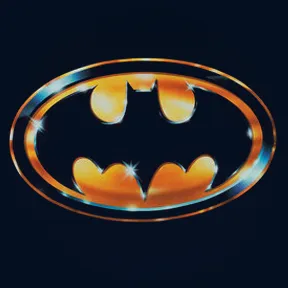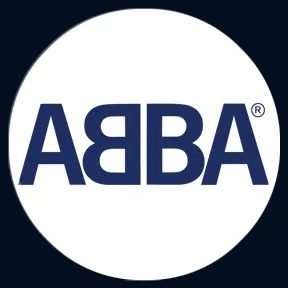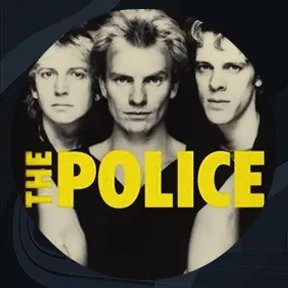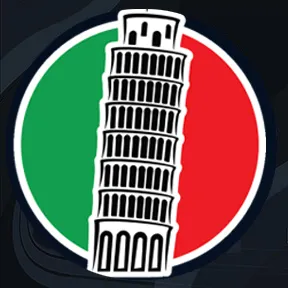Whats is an NFT? | Non Fungible Token Explained
Yes it's hype. But it could change our world.
A non-fungible token (NFT) is a financial security consisting of digital data stored in a blockchain, a form of distributed ledger. The ownership of an NFT is recorded in the blockchain, and can be transferred by the owner, allowing NFTs to be sold and traded.
NFTs typically contain references to digital files such as photos, videos, and audio. Because NFTs are uniquely identifiable, they differ from cryptocurrencies, which are fungible. The market value of an NFT is associated with the digital file it references.
Proponents of NFTs claim that NFTs provide a public certificate of authenticity or proof of ownership, but the legal rights conveyed by an NFT can be uncertain. The ownership of an NFT as defined by the blockchain has no inherent legal meaning, and does not necessarily grant copyright, intellectual property rights, or other legal rights over its associated digital file.
An NFT does not restrict the sharing or copying of its associated digital file, and does not prevent the creation of NFTs that reference identical files.
The NFT market grew dramatically from 2020–2021
The trading of NFTs in 2021 increased to more than $17 billion, up by 21,000% over 2020's total of $82 million. NFTs have been used as speculative investments, and they have drawn increasing criticism for the energy cost and carbon footprint associated with validating blockchain transactions as well as their frequent use in art scams.
The NFT market has also been compared to an economic bubble or a Ponzi scheme.















































